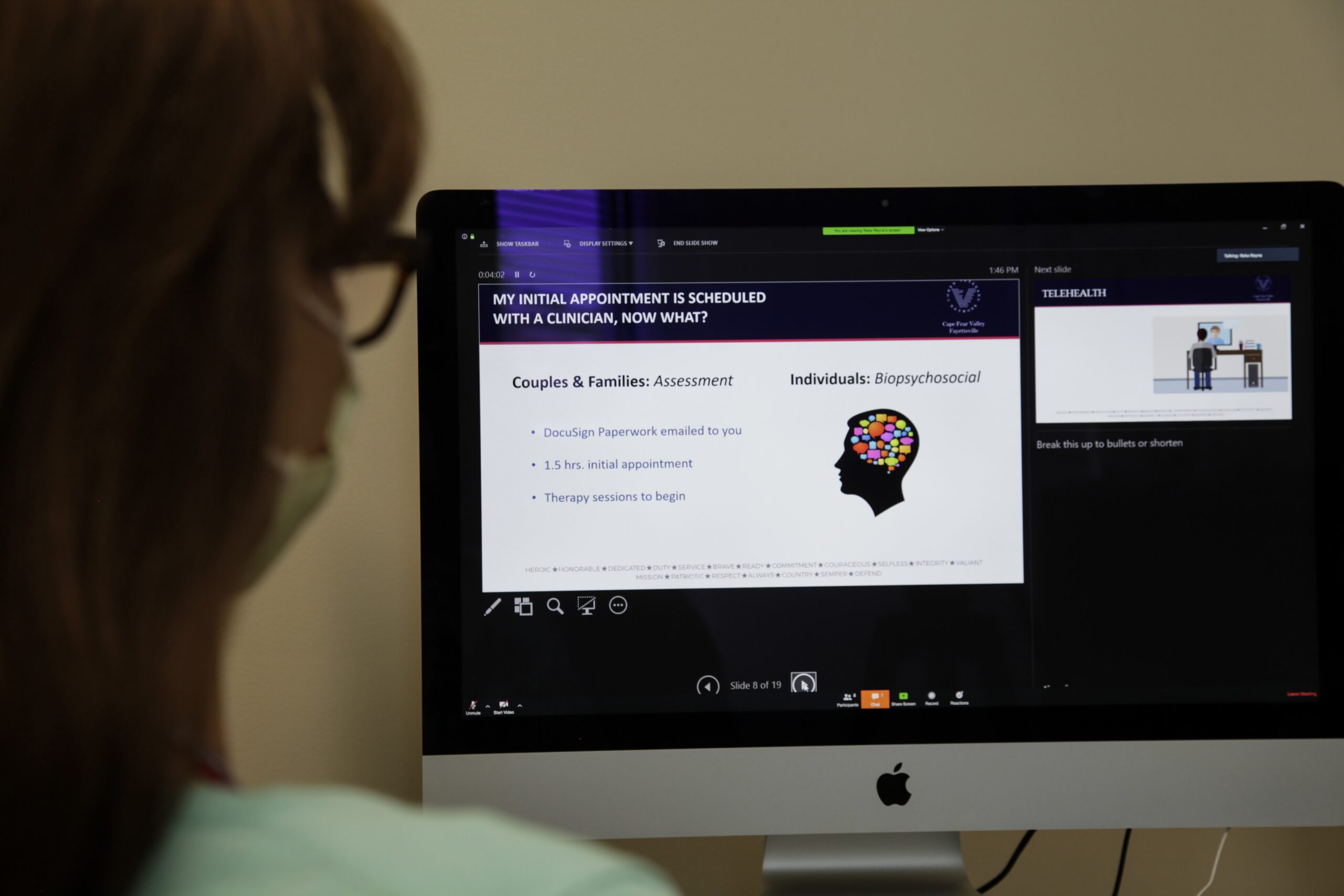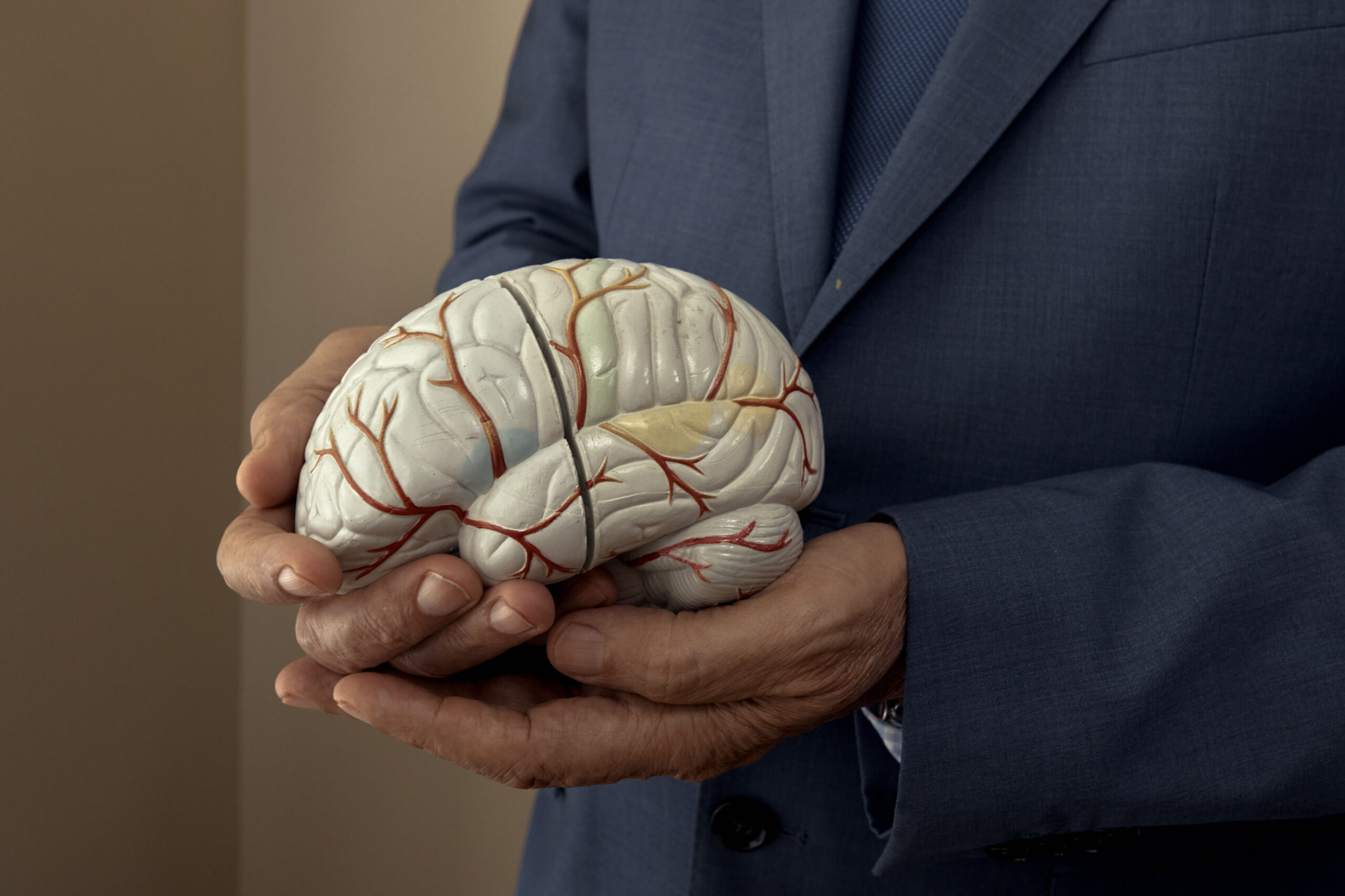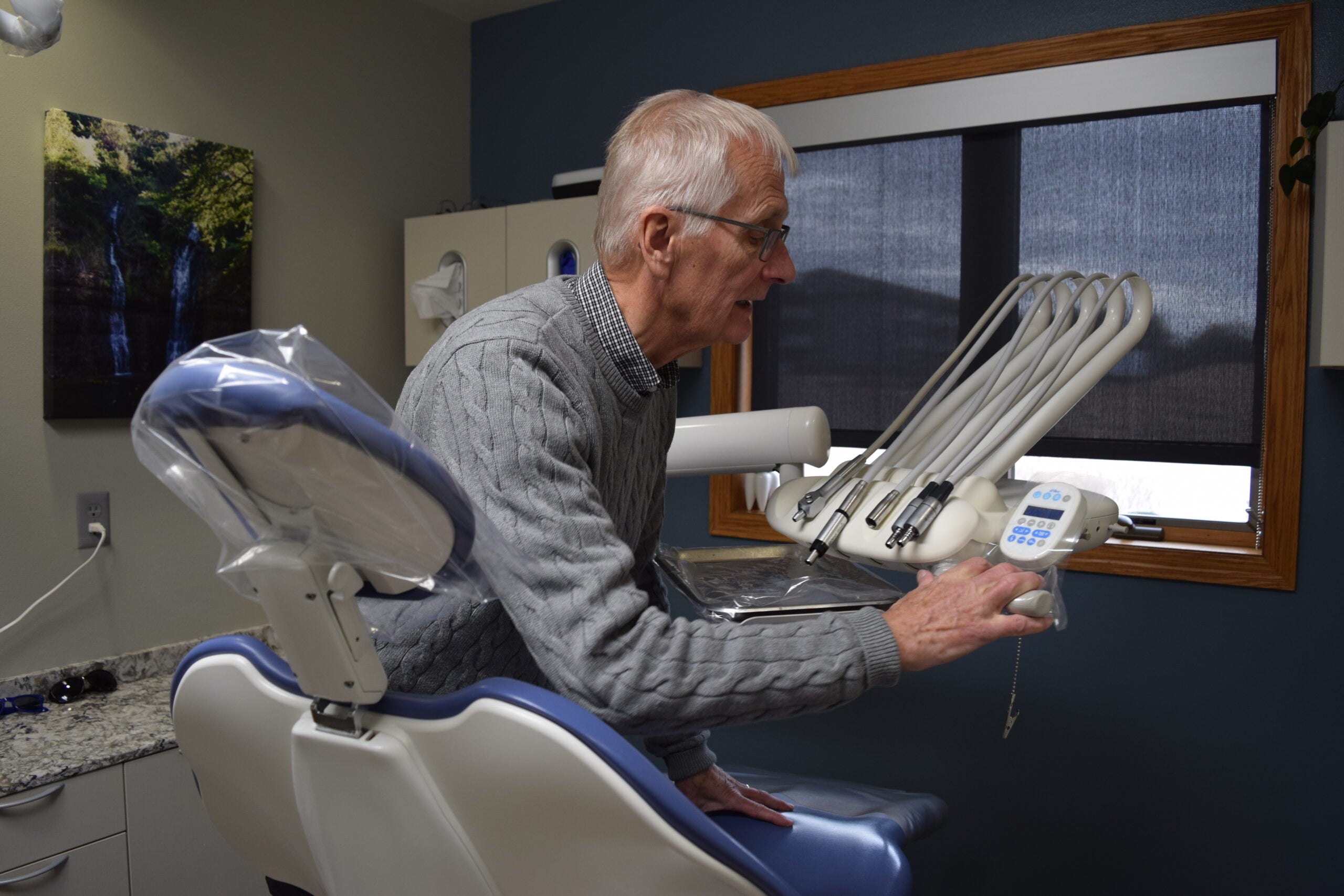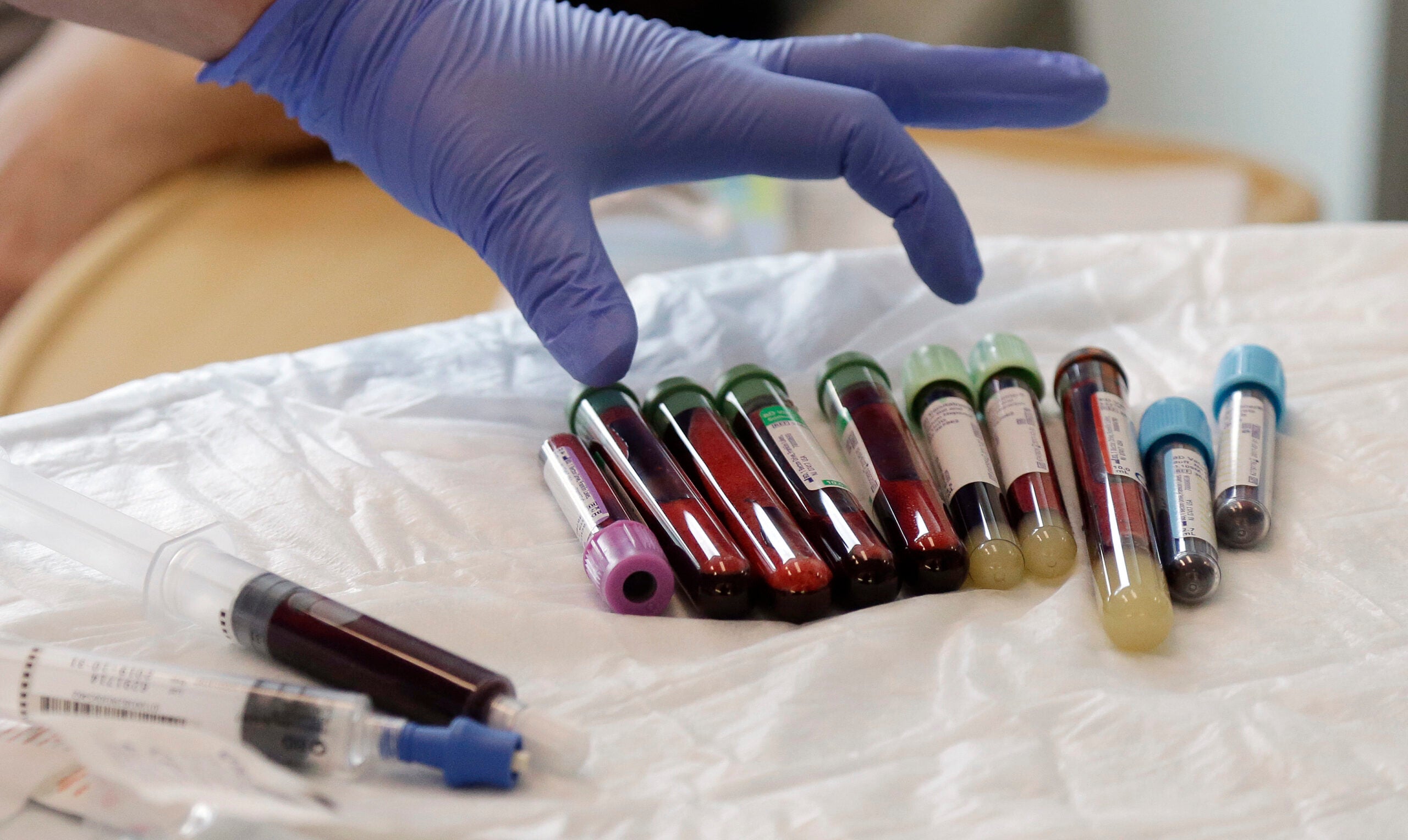The first World AIDS Day took place on Dec. 1, 1988, to raise awareness about HIV and commemorate those who’ve died from AIDS-related causes. The annual global health day — the first of its kind — has endured. And this year, it’s important to remember the coronavirus isn’t the only pandemic facing Wisconsin, said Mike Gifford, president & CEO of Vivent Health.
“What we have is a pandemic wrapped in a pandemic for people living with HIV and AIDS. The AIDS pandemic has not gone away,” he said.
With locations across the country, including 10 in Wisconsin, Vivent provides patient-centered care for people living with HIV.
Stay informed on the latest news
Sign up for WPR’s email newsletter.
In Wisconsin, the rate of new HIV infections is still unacceptably high, Gifford said. More than 200 people were diagnosed with the virus last year, according to the state Department of Health Services. In 2019, more than 6,500 Wisconsinites were living with HIV.
Some could face a higher risk for COVID-19 complications, Gifford said.
Current HIV treatments allow many patients to achieve such low levels of the virus that they’re undetectable by standard blood tests. But those who aren’t on antiretroviral medications may have a weakened immune system, Gifford said.
Racial disparity may also play a role, he said. Data from DHS show both diseases are more likely to affect racial and ethnic minorities than their white counterparts.
And many people living with HIV also have other underlying health conditions, like diabetes, Gifford said.
“So it’s a very serious health issue for the fight against HIV,” he said.
Fortunately, many lessons from the ongoing fight against AIDS could be applied to the coronavirus pandemic, including the importance of holistic care, Gifford said. When COVID-19 became a concern, Vivent quickly began delivering food and medications to clients at home. Patients are contacted regularly to help prevent isolation.
The nonprofit has seen its client list grow by about 20 percent during the pandemic, Gifford said. That includes people seeking financial assistance, those returning to care possibly due to coronavirus concerns and patients who’ve decided they prefer Vivent’s comprehensive approach to treatment, he said.
This year, Justin Roby helped launch a program through Diverse & Resilient — a nonprofit that aims to help LGBTQ Wisconsinites achieve health equity — designed to assist people with HIV as they navigate treatment. The program, funded by DHS, has enrolled more than 50 participants since March.
Roby just finished training his staff before the coronavirus pandemic arrived in Wisconsin and everything moved online. In most cases, the transition has been seamless, he said. Some requirements for regular lab work were even relaxed.
“So those switched over to telehealth models and if you were doing pretty well and had been undetectable before the pandemic, they were able to kind of skip the labs part and just continue with the prescriptions,” he said.
At Diverse & Resilient, demand for testing for diseases spread through sex has remained steady despite the coronavirus pandemic, Roby said. It’s also been encouraging to see more people in Milwaukee become aware of options for PrEP, daily medication that can help prevent people at higher risk from contracting HIV, he said.
Studies have shown that more than 90 percent of people across the country who could benefit from PrEP lack access to it, Gifford said. Vivent offers the medication to clients, regardless of their ability to pay, and it’s set to be covered by the Affordable Care Act,
“I just want to make sure that we’re getting that message out there that there are prevention methods that are amazing,” Roby said. “There are care and treatment options out there that are amazing, and no one should have to live in fear of HIV. We are going to end this pandemic by 2030.”
More information will be available at virtual World AIDS Day events Tuesday night.
Wisconsin Public Radio, © Copyright 2025, Board of Regents of the University of Wisconsin System and Wisconsin Educational Communications Board.





